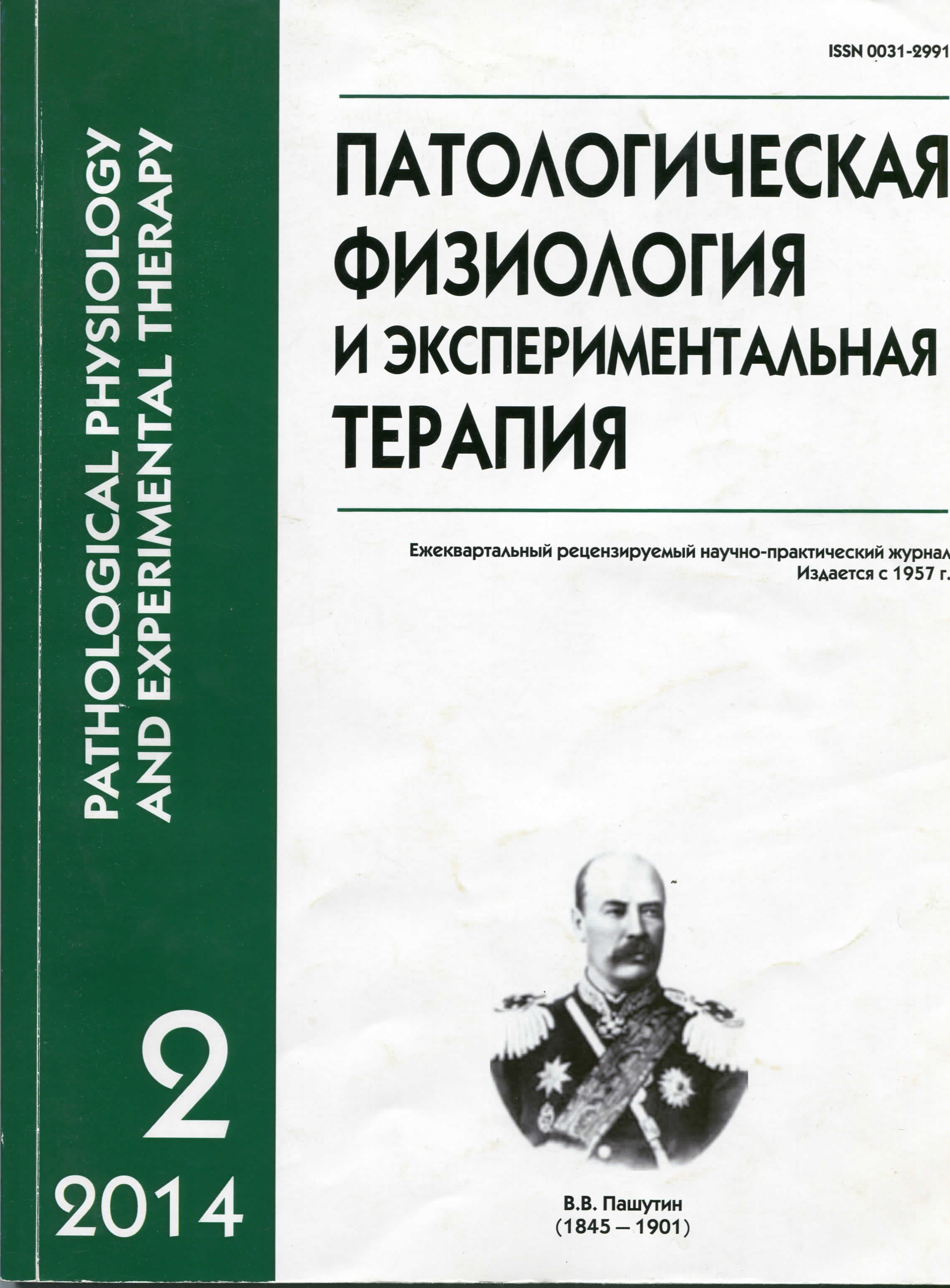Adhesiveness concept in cancer growth
Keywords:
cell adhesion, integrins, carcinogenesis, metastasis, antitumor immunity
Abstract
The present review describes a hypothesis for a critical role of cell adhesive interactions in tumorigencsis. Dysregulation of tissue cell-cell interactions initiates first of all local (in the tissue) and then general (in whole body) conditions for tumor growth. Otherwise imbalance of tissue-specific adhesion factor at the very beginning of carcinogenesis is considered to trigger a cascade of pathological reactions responsible for more severe adhesive disorders that are in turn critical for the «totalitarian» behavior of a tumor and its «colonization» of other tissues and organs. Impaired disturbance is likely to be the key mechanism of carcinogenesis since it is significantly associated with the main features of a tumor: tissue proliferation control loss, anaplasia, invasion, metastasis, and immune surveillance deficit. The hypothesis is supported by evolutionary, biological, histological, immunological, and clinical arguments whose combination does not characterize any other known mechanisms of oncogenesis. The concept of adhesiveness opens new possibilities for the diagnosis, prevention, and treatment of tumors and also improves a strategy for designing.Downloads
Download data is not yet available.
Published
12-06-2014
How to Cite
Bocharova О. A. Adhesiveness concept in cancer growth // Patologicheskaya Fiziologiya i Eksperimental’naya Terapiya (Pathological physiology and experimental therapy). 2014. VOL. 58. № 2. PP. 87–93.
Issue
Section
Reviews






